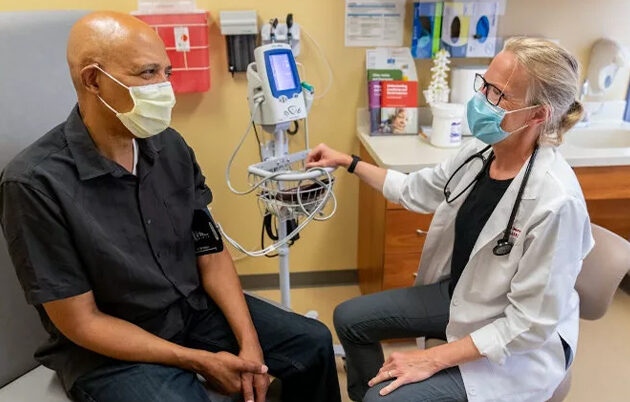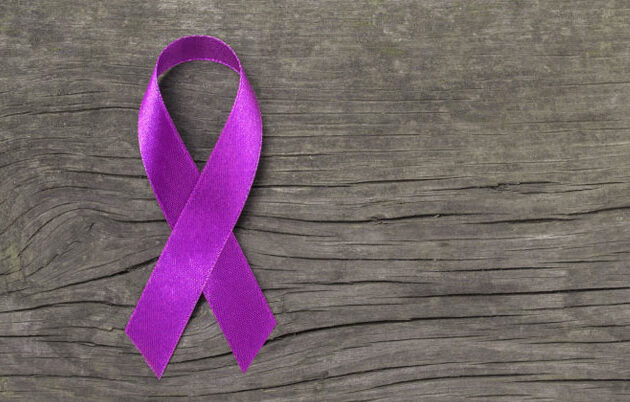The award for the study is expected to total $3.5 million over five years, and is funded by the Helping to End Addiction Long-term Initiative, or NIH HEAL Initiative, through the National Institute on Drug Abuse. HEAL-funded research is seeking scientific solutions to the national opioid crisis, which took over 107,000 lives in the United States in 2021.
The study at UW–Madison will leverage a 10-year partnership with Vivent Health, a Wisconsin non-profit that provides HIV/AIDS resources in Colorado, Missouri, Texas and Wisconsin. Westergaard and David Seal, professor of global community health and behavioral sciences at Tulane University, have previously partnered with Vivent Health to identify ways to improve access to harm reduction services such as syringe service programs and HIV and hepatitis C testing in rural communities.
“Vivent Health’s prevention services staff have built trusted relationships with people who use drugs in numerous Wisconsin communities, many of whom have severe substance use disorders and aren’t connected to services through any other means,” Westergaard said.
Trust-based relationships are key for both community engagement and participant recruitment, said Westergaard, who also serves as chief medical officer and state epidemiologist for communicable diseases for the Wisconsin Department of Health Services.
Researchers intend to collect survey data on participants’ drug use habits, risk factors, substance use disorder symptoms, life circumstances and mental health during the study. Insights gained from the research will be shared with the NIH harm reduction research network, Wisconsin DHS and local and tribal health organizations, to inform future research and public health campaigns.
“The foremost goal is to keep people alive, safe and healthy, regardless of where they are in their journey of treatment, relapse or recovery,” Westergaard said. “Community members who need harm reduction services must be our partners in the research process, not merely subjects, because the greatest sources of insight into how to improve services for people who use drugs are the people themselves.”
While the study is meant to identify better ways to connect individuals with harm reduction services – and, in time, with other health care resources – its long-term goal is one of education and systems change, he said.
“It’s not just about treatment, but about offering services in a person-centered, nonjudgmental and stigma-free environment,” Westergaard said. “We hope to expand the tools and values of harm reduction into all areas of health and human services.”
The research reported in this press release is supported by the National Institute on Drug Abuse of the National Institutes of Health under award 1R01DA057645-01.
The Helping to End Addiction Long-term Initiative, or NIH HEAL Initiative, is an aggressive, trans-NIH effort to speed scientific solutions to stem the national opioid public health crisis. Launched in April 2018, the initiative is focused on improving prevention and treatment strategies for opioid misuse and addiction, and enhancing pain management.


